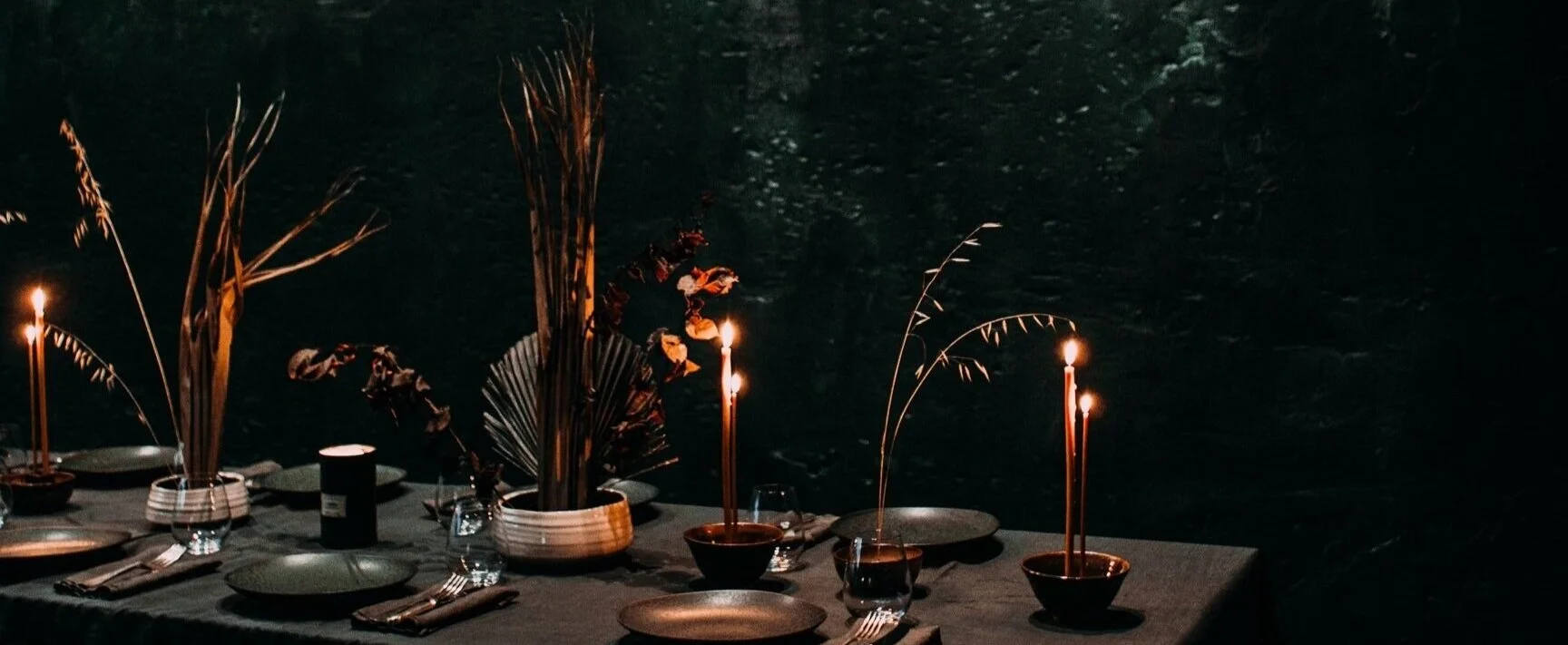Lil’ snippets of my new book Kitchen Witch: Food, Folklore, and Fairy tale
The Dark Goddess is Hungry: Dinner with Hecate
Hecate is a witch-goddess associated with crossroads and the Underworld, gateways, night-time, magic and witchcraft, knowledge of herbs and poisonous plants. She was one of several deities worshipped in ancient Greece as a protector of the Oikos (household), alongside Hestia, and other gods such as Hermes, Zeus, and Apollo.
Each Greek luni-solar month ended with three days of special ritual and celebrations allowing families to step into a new month with a sense of hope. The new moon was the last day of the lunar month, and the time for cleansing the household with incense carried through rooms, and the clearing away of any leftovers of ashes, sacrifices or remaining food or food fallen on the floor (not to be eaten, as it belongs to Hecate at this point). One would also atone for any bad deeds that may have offended Hecate (which may include animal sacrifice), causing her to withhold her favour, and the offering of Hecate's Deipnon.
In Ancient Greece deipnon was the evening meal. And Hecate's Deipnon was a sacred meal offered to the goddess at new moon. Offerings were intended to appease not only this goddess and seek her blessing for prosperous daily life, but as goddess of the Underworld, this was also an appeasing of any restless spirits and beings in her company, that may seek to cross boundaries from the Underworld. On the night of the new moon, a ritual would take place and a meal would be set outside. Common offering foods included cake or bread, fish, eggs and cheese. In households this would be laid out in a small shrine to Hecate by the front door with the street in front of the house and the doorway creating a crossroads, known to be a place Hecate dwelled.
The next day was celebrated as the Noumenia, marked when the first sliver of moon was visible and was held in honour of moon goddess Selene, Hestia and the other household gods. And the third day would honour the agathos daimon (good/noble spirit) as well as one’s own personal spirit. Often a libation would be set at a family altar and prayer offered to seek continued blessings for one’s self and family.
Due to roaming spirits, Greeks might stay within their homes during the night hours of the dark moon. There are some elements of real fear and importance to these rituals and ceremonies, based around belief: it was serious stuff to protect your family from furious gods or evil spirits and vengeful ghosts.
…









